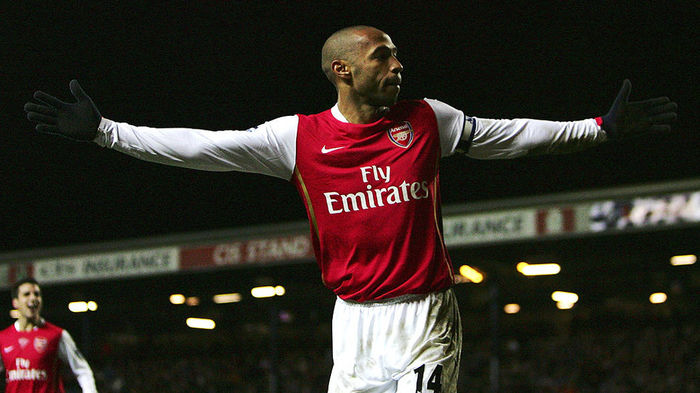Football in a post-pandemic world
Callum Wainstein explores the complexities of the Premier League’s return, as well as our larger attitude towards professional football.

So it has now been officially announced that the Premier League is returning, and with this comes the inevitable complainers who, for a number of reasons, believe that football shouldn’t come back. This is not an isolated issue, but part of a broader issue of cultural blindness, where football is held up to impossible standards in a way no other industry is. This stems from the issue that people fail to recognise that football clubs are at their core businesses which function just like any other.
They are often businesses which are stretched to the very limit of sustainability, something which was recently underlined by the financial collapse of Bury. Just up the road from Bury, the richer and more famous Manchester United demonstrates that this is not an issue which is isolated to lower league clubs. Prior to the crisis, Manchester United already held over 300 million pounds of debt, and the financial impact of Coronavirus has seen that rise to 430 million pounds. These are grave financial issues, ones which would become much more financially damaging if the Premier League clubs are forced to face the 762 million pounds cost of not finish the season.
This is the heart of the issue; people have been setting up the juxtaposition of normal football versus the bizarre experience of football in empty stadiums and no fans. This is the wrong way of looking at it, instead it should be the compromise of football empty stadiums versus the financial collapse of English football and the end to football clubs as we understand them.
You may be reading all of this, and questioning why should you care? Why does it matter if some millionaire footballers, and the billionaire owners of clubs lose out on some money. Maybe, you even think it would be better if we could return to the “golden age” of football before it was so commodified.
However, this is a naïve way of looking at the problem. Not all footballers are massively well off, and the financial collapse of the Premier League would have a catastrophic impact on players lower down the division, who are compensated at a much lower level and won’t have millions of pounds of savings to fall back on.
Going beyond this, though, football clubs employ hundreds of people outside the playing squads, from coaches, to analytics departments, to caterers, to match day hospitality – according to the Premier League a 100,000 people are employed by the league/clubs. These are the people who would suffer from the clubs losing revenue: they would be the first to go, and the most harmed by losing their incomes.
This support network has unquestionably improved the standard of the league. Analytics and data processing are opening up avenues and understanding of football which never before seemed possible, while the technical and tactical ability of players is at an all-time high. These improvements are a result of the edifice of football, the thousands of coaches, therapists, statisticians behind the scenes, and it is these people who will suffer if the league goes under.

Lockdown Sporting Nostalgia and its Dangers
At its core, this issue stems from a tension over what football clubs are. I, and many others, still hold a romantic notion of football, in which the clubs are community teams, custodians of local pride and share a special, unique bond with the fans.
The reality is that they are corporations, either beholden to a rich oligarch (Manchester City, Chelsea, maybe soon Newcastle) or the bottom line of a profit motivated owner (the Glazer’s at Manchester United, Stan Kroenke at Arsenal). While a part of me hates this situation, and wishes we could go back to the ‘pure’ football of the past, that would mean condoning thousands of people losing their jobs so fans could live out some 1950s-esque fantasy of ‘proper’ football.
In reality this football was pretty dire, players were horribly exploited and underpaid, stadiums were decrepit and falling down, and English crowds were amazed by the banal ability of Puskas to do kicks ups. Football has improved, and this is because the ‘industry’ of football has expanded. The Premier League needs to return to maintain this edifice, and personally I am happy to see it back, for the good of the clubs, and the people behind those clubs.
 News / Cambridge study finds students learn better with notes than AI13 December 2025
News / Cambridge study finds students learn better with notes than AI13 December 2025 Features / Should I stay or should I go? Cambridge students and alumni reflect on how their memories stay with them15 December 2025
Features / Should I stay or should I go? Cambridge students and alumni reflect on how their memories stay with them15 December 2025 News / Uni Scout and Guide Club affirms trans inclusion 12 December 2025
News / Uni Scout and Guide Club affirms trans inclusion 12 December 2025 Comment / The magic of an eight-week term15 December 2025
Comment / The magic of an eight-week term15 December 2025 News / Cambridge Vet School gets lifeline year to stay accredited28 November 2025
News / Cambridge Vet School gets lifeline year to stay accredited28 November 2025








